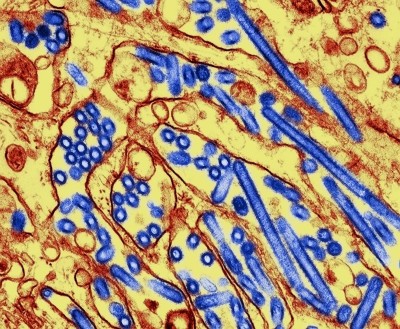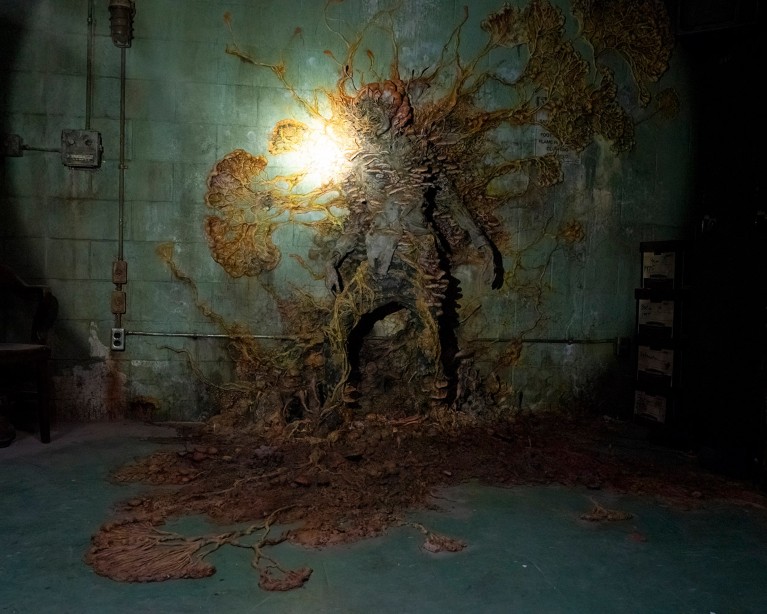The year was 2013, and the release of hotly anticipated zombie-apocalypse video game was on the horizon.
The game, called The Last of Us, invited players to explore what then seemed a fanciful scenario: a world devastated by a pandemic in which a pathogen kills millions of people.
Unlike in many apocalypse fictions, the pathogen responsible wasn’t a bacterium or a virus, but a fungus called Cordyceps that infects humans and takes over their brains.

Will bird flu spark a human pandemic? Scientists say the risk is rising
The writers at game studio Naughty Dog, based in Santa Monica, California, were inspired by real fungi — particularly Ophiocordyceps unilateralis, known as the zombie-ant fungus. The fungus infects insects and releases chemicals into the animals’ brains to change their behaviour. Ahead of the game’s release, Naughty Dog turned to scientists, including behavioural ecologist David Hughes, a specialist in zombie-ant fungi (he named one after his wife), to field questions from the media about the fungal and pandemic science that inspired the story. Hughes, who is at the Pennsylvania State University in University Park, has since moved to studying climate change and food security.
The Last of Us spawned a sequel game in 2020 and a critically acclaimed television show, the second season of which concludes on 25 May on HBO.
Hughes spoke to Nature about his experience consulting on the game and why COVID-19 changed our appetite for zombies.
What was your involvement with the game?
Naughty Dog studios asked me and a few other people who were notable in this space, including psychologists, to talk about whether we could have a global pandemic. Of course, in the intervening period, we all learnt that the answer was yes.
They asked us to go around Europe and do a series of lectures to stave off critique and provide support to the idea that infections that jump from one species into another — zoonotic infections — are not only possible, but actually they’re the predominant mechanism by which humans are infected with new parasites that cause disease. I had the good fortune to go to the studios and see the artistry that was involved, meet the team and the voice actors of the of the video game.

Behavioural ecologist David Hughes advised the game’s writers. Credit: Huck Institutes of the Life Sciences at Penn State
What did you make of the science in the game?
I was really impressed by how much the game’s writers got into the science of it and started to understand things like fungi and slime moulds, and just trying to think about the ways in which these organisms do their business. They really took it by themselves and incorporated those elements into the game.
I think they were even mail-ordering slime moulds so they could just leave it out on a petri dish and examine it. And you see that throughout the game. And now the TV programme, in the intros, they have these slime balls. The writers were geeky, and understanding fungi is not complex, so they ran with it.
Did you play the games?
I tried and I failed miserably! I’m just a typical hopeless scientist.

A scene from the show showing Cordyceps fungus growing out of the body of a human it has infected. Credit: Liane Hentscher/HBO
Is the idea of a Cordyceps pandemic realistic?
It is not unrealistic that fungi can infect humans if they come from animals. It is unrealistic to think that they could cause the behavioural changes in humans. The writers took liberties. They had different stages about how the infection changes over time. That’s all fanciful, of course.
Looking at the second season of the TV show, it was interesting that they have this communicative nature of the spores or the fungal hyphae. That’s interesting because we know fungi are connected that over many kilometres — for example, the mycorrhizal fungi, which are underneath root systems in trees, do that effectively.


